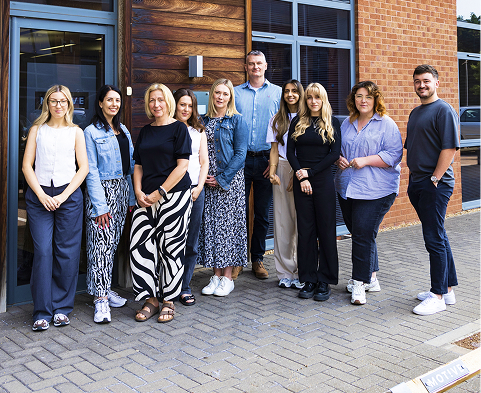Read through any social media feed and it doesn’t take very long to find spelling errors.
So we thought it would be fun to crunch the numbers and find out what are Britain’s top ten online spelling mistakes.
We found that Brits really seem to struggle when it comes to typing in online comments with a few key words tripping them up time and time again.
Millions of us struggle to understand the difference between THEIR and THERE with millions more also confusing both words with THEY’RE.
More than one in five online spelling mistakes came down to people typing THERE when they actually meant THEIR.
The difference between YOU’RE and YOUR also seems to leave millions scratching their heads with almost as many people confusing these words.
We found that 20% of all social media spelling errors are due to people typing YOUR when they were trying to abbreviate ‘you are’.
Other words that seem to get the better of us are TO / TOO, OF / OFF, WHERE / WERE /WEAR and even ARE / OUR.
While longer, less common words also catch people out the very fact that they are less common means they failed to feature in the top ten.
By definition it’s the simple words we use most that are the most common spelling mistakes – particularly when there is another word which sounds exactly the same but has a different spelling.
Many people will ask why spelling these words right matters as long as people can understand the points they are making. But sloppy spelling gives away a careless approach and can leave others gasping with disbelief.
Bad writing habits can also creep in when we're away from social media and can lower standards across all written communications.
A little bit of thought and care can ensure that your social media chums are impressed with your posts and comments.
Here is the top ten spelling errors in full as identified by Motive PR

How we did it
We visited the Facebook pages of some of the UK’s most popular news sites and trawled through the comments on popular posts to find more than 1,000 spelling errors and compile the ten most common.
With thanks to Michael Vince for his help with the research.




.jpg)
.jpg)

.jpg)

